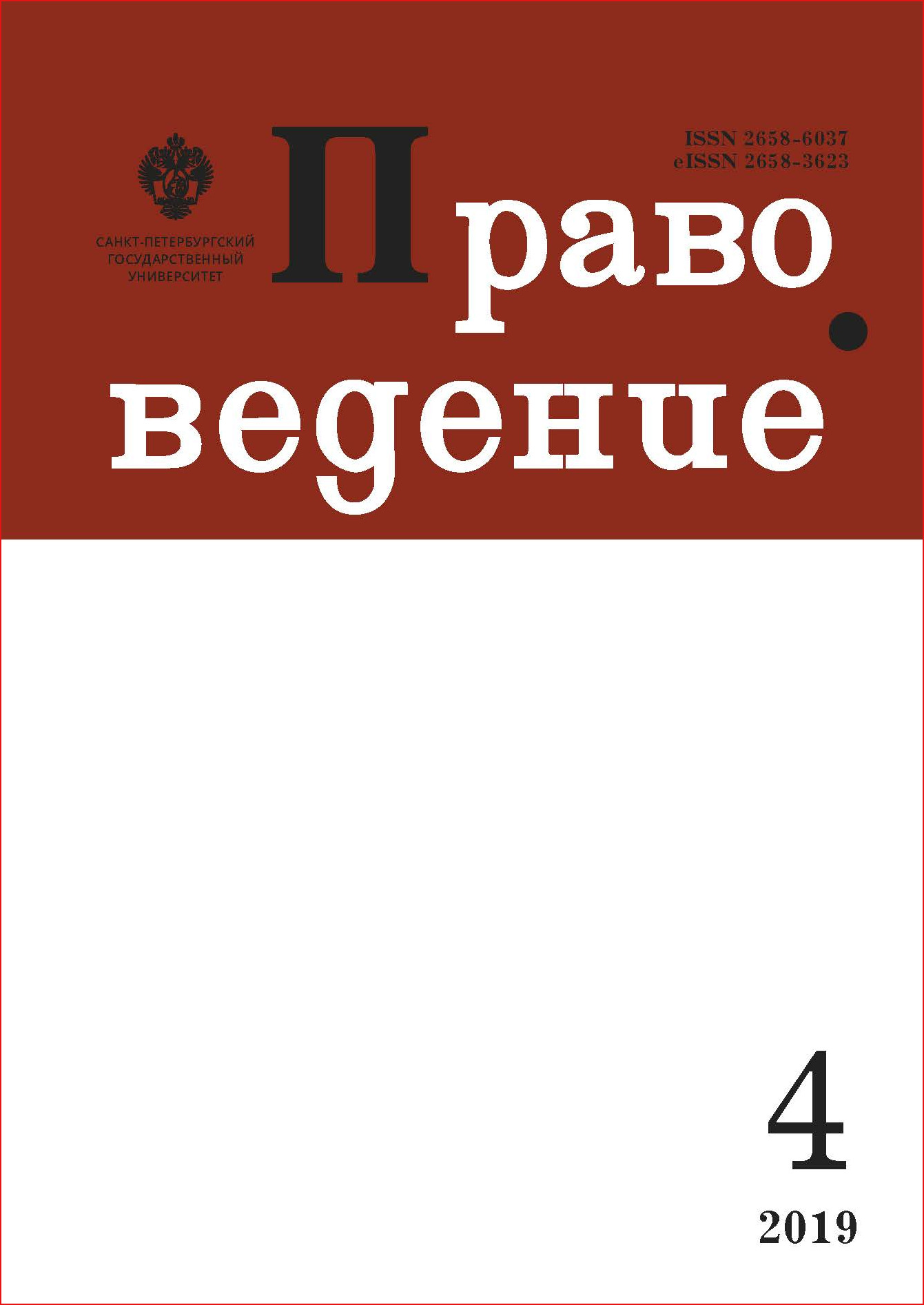The many faces of anti-competitive practices in digital markets
DOI:
https://doi.org/10.21638/spbu25.2019.404Abstract
This article looks at some curious examples of restrictive practices typical for digital markets. Digital markets are a unique phenomenon for the new digital economy that is structurally based on and driven by digital platforms. The largest digital platforms such as Facebook or Amazon and large digital companies such as Google, Microsoft and Apple dominate the digital markets of today and thus have a huge potential to restrict competition in these dynamic markets. This article takes an analytical approach to several restrictive practices that have recently received attention from competition authorities around the world and have largely influenced law enforcement as well as our understanding of how digital markets function. First of all, the authors consider the so-called price parity clauses. Broadly speaking, these are a particular type of arrangements that oblige suppliers to not offer more favorable terms to their business partners than those offered to digital platforms (for example hotel websites as compared to online booking platforms). However, when narrowed down to contractual relations between a platform and a supplier, price parity clauses present a much more complex case. Further, the authors look at the multitude of restrictive practices in the online search market illustrated by a series of cases initiated against Google by the European Commission. By setting its search engine in a particular way, Google prioritized its own services so that they received more consumer traffic. Notably, these series of cases is just a part of the collection of anticompetitive tendencies in this market. Finally, this article looks at a less well-known, but all the more dangerous case of geo-blocking, which occurs when IP-protected content is blocked from distribution outside the framework that is reasonably justified by the protection of exclusive rights. Such cases must be examined through the complex relationship between the individualistic nature of IP rights and public interest. The collection of practices examined in the article highlights both the need to significantly reform competition enforcement and the need to rethink the role of competition law in the new economy.
Keywords:
competition law, digital markets, competition enforcement, price parity, geo-blocking, discrimination, online search
Downloads
References
Downloads
Published
How to Cite
Issue
Section
License
Articles of "Pravovedenie" are open access distributed under the terms of the License Agreement with Saint Petersburg State University, which permits to the authors unrestricted distribution and self-archiving free of charge.




